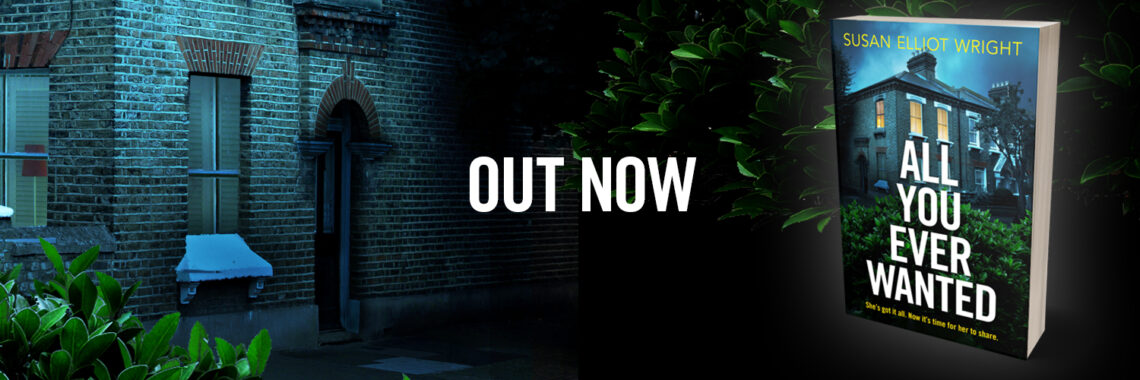An Arvon retreat and a book coming out – can life get any better?
Urban Writers’ Retreats
The best laid plans…
- Write for at least two hours every morning
- Resume ‘morning pages’
- Do all my teaching admin in the afternoons
- Restrict time spent on twitter to 2 half-hour sessions a day
- Take one or two days a week off
- Write a blog post about writing, reading or food once a week
What I’ve read this year
Notebook, diary, journal – one book? Three? More?
 |
| Just a few of my notebooks… |
The all-round notebook: I like to have this with me all the time, therefore there are currently four (yes, four) versions: a hardcover A5 one that sits on my desk, another A5 one that stays beside my bed, a cheap exercise book that I carry in my handbag, and a small notebook that fits in my jeans pocket when I walk the dog. These are where I record ideas, snatches of dialogue or description, and character sketches that are often but not always relevant to the novel I’m currently writing. It may be one line about a character, it may be a particular word that a character might use, or it may be an entire plotline. The all-round notebook is also where, if I’m on a train or if I find myself waiting for an appointment, I occasionally do a bit of ‘freewriting’, or even start writing a scene or a snippet of dialogue. The notebooks I keep in my handbag are now almost always very basic exercise books, because then I don’t feel any pressure to write beautifully – I can make it beautiful when and if I choose to type it up later.
 |
| The journal – a writing companion |
And to access a list of recipes and book reviews on this blog, go to: recipes and book reviews and scroll down the page (past the writing bits)
Should you read fiction while you’re writing?
And to access a list of recipes and book reviews on this blog, go to: recipes and book reviews and scroll down the page (past the writing bits)
In Praise of Personal Shoppers
Oh, forgot to add – the service is free, too! (It’s free in Debenhams, anyway – I think some stores make a small charge but it’s usually deducted from any purchase you make.)
And to access a list of recipes and book reviews on this blog, go to: recipes and book reviews and scroll down the page (past the writing bits)
Review of Archipelago, by Monique Roffey
And to access a list of recipes and book reviews on this blog, go to: recipes and book reviews and scroll down the page (past the writing bits)
Review of Rook by Jane Rusbridge
And to access a list of recipes and book reviews on this blog, go to: recipes and book reviews and scroll down the page (past the writing bits)







